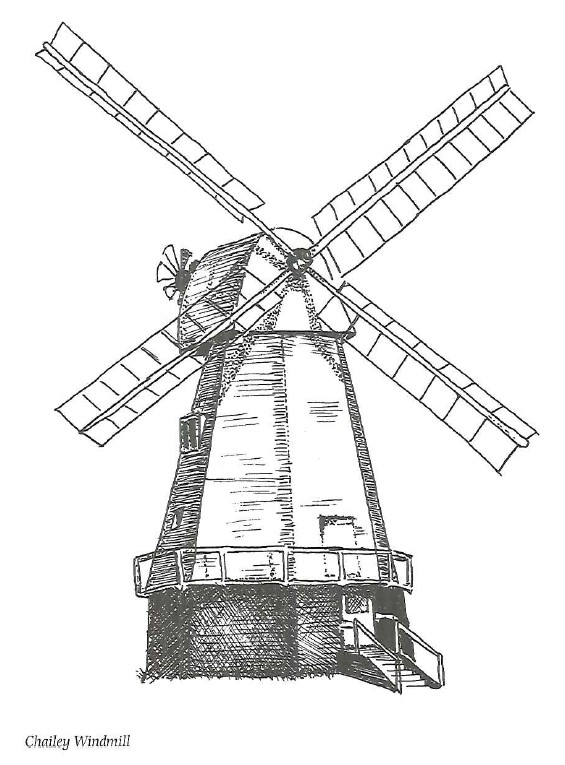Mystery still surrounds the case of Robert Bingham, curate of Maresfield, who was charged with two hanging offences in March 1811. He was accused of sending a letter (misspelt and lacking punctuation) threatening ‘murder, fire and revenge’ to a local farmer and, more bizarrely, with setting fire to and destroying his own home, The Parsonage.
He left the court a free man. But instead of returning to the post in which he had served with distinction, he was replaced by another clergyman. Did the Church suspect, even know of, some unrevealed matters?
It was quite an occasion when the Duke of Wellington came to stay with Lord and Lady Shelley, who lived at a house called The Cross. At a point on Ashdown Forest his carriage was joined by an escort of 40 mounted farmers and the roadsides were thronged with villagers hoping to catch a glimpse of the Iron Duke, conqueror of Napoleon. Finally the enthusiasts removed his carriage horses and pulled the carriage themselves to tremendous cheering.
The Duke proved a delightful guest, Lady Shelley recorded, but not even she could describe him as a good shot. Taken shooting the next day by his host, he injured a dog, peppered a keeper’s gaiters and the arms of an old woman at a cottage window. The gold piece he gave her quelled her shrieks, and she was told to take pride in the fact that she had been shot by the Duke of Wellington.
Many a newcomer to Britain has got his first impression of the country at Maresfield. This used to be a military base and when the troops moved out of the straggling maze of huts it was used as a prisoner of war camp. In later years it housed for temporary periods large numbers of displaced unfortunates: Ugandan Asians and Vietnamese Boat People. The site has gradually acquired a smarter image, with the building in
Duke of Welling pride in the fact ter quelled her she at a cottage recent years of indoor bowls and sports centres.
Footballer Dixie Dean, Everton’s prolific goal scorer, was stationed at Maresfield Camp as a soldier during the Second
World War. There are still those who recall with awe his performances when matches were arranged between the camp and the locals.
Though the village is small, the parish is enormous and takes in much of Ashdown Forest, ‘The most villainously ugly spot I ever saw,’ as William Cobbett, of Rural Rides fame, described it. The Victorian poet Thomas Pentecost was no more complimentary, describing the forest as:
“A heathy waste of huts and dens, where human nature seldom mends.”
It is doubtful if the thousands of visitors who use the forest each year would agree with these sentiments.
Maresfield once had three ironworks. The last of these was converted into a powder mill in the 19th century. It too has gone, but its ponds remain.
